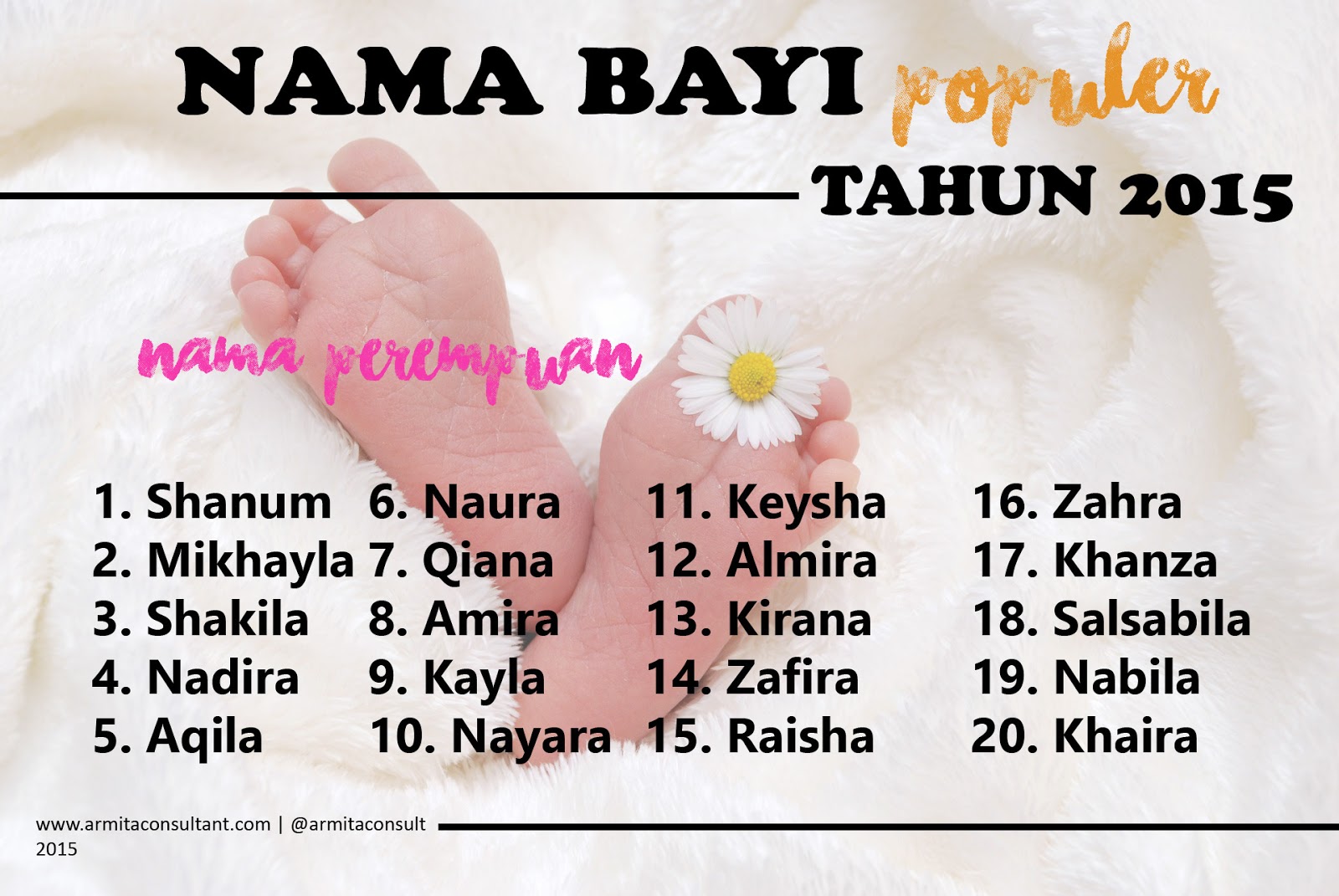Beautiful Islamic Names for Baby Girls: Meaning and Significance
Choosing a name for a newborn is a momentous occasion, a rite of passage steeped in tradition and hope. In Islam, naming a child, especially a girl, carries profound significance. It's not just a label, but a prayer, a wish, a reflection of identity and faith. The name chosen for a Muslim baby girl is a testament to the parents’ aspirations for their daughter and their connection to their religious heritage. This exploration delves into the beautiful world of Islamic baby girl names, uncovering their meanings, origins, and the cultural nuances surrounding this cherished practice.
Islamic names for girls are often chosen with meticulous care, reflecting the values and principles of Islam. Parents seek names that embody virtues like piety, kindness, strength, and wisdom. These names are often drawn from the Quran, the Sunnah (the teachings and practices of Prophet Muhammad), or from prominent female figures in Islamic history. The act of naming is not taken lightly; it's understood that a name can influence a child's character and destiny.
The rich history of Islamic baby girl names is intertwined with the Arabic language, the language of the Quran. Many popular names have Arabic roots, reflecting the language’s poetic beauty and deep meanings. However, the practice of choosing Islamic names has also embraced cultural influences from various regions where Islam has flourished, leading to a diverse tapestry of names reflecting different linguistic and cultural traditions.
The significance of choosing an appropriate Islamic name for a girl is emphasized in Islamic teachings. It’s believed that a good name is a gift from parents to their child, a constant reminder of their identity and faith. Parents are encouraged to select names with positive connotations, avoiding names with negative or undesirable meanings. The name becomes an integral part of a girl's identity, shaping her sense of self and her place within the community.
One of the central issues surrounding Islamic baby girl names is maintaining a balance between tradition and modernity. While many parents prefer traditional names rooted in religious texts, others seek modern variations or names that blend traditional and contemporary influences. This dynamic reflects the evolving landscape of Muslim communities around the world, where tradition and modernity intersect.
For example, the name Ayesha (عائشة), meaning "alive" or "she who lives," is a traditional Islamic name inspired by the wife of Prophet Muhammad. A more contemporary variation might be Aisha, reflecting different phonetic spellings and cultural adaptations. Similarly, Fatima (فاطمة), meaning "captivating," is a classic Islamic name, while variations like Fatema or Fatma demonstrate the evolution of names across different regions.
Benefits of choosing a meaningful Islamic name include: reinforcing a child's connection to their faith, instilling positive values, and bestowing a sense of belonging within the Muslim community. For example, choosing the name Khadija (خديجة), after the first wife of Prophet Muhammad known for her strength and wisdom, can inspire a girl to embody these qualities.
When choosing a name, consider its meaning, pronunciation, and cultural relevance. Consulting with religious scholars or knowledgeable family members can provide valuable insights. Creating a shortlist of preferred names and discussing them with family members can facilitate the decision-making process.
Several online resources, books, and apps offer comprehensive lists of Islamic baby girl names with their meanings and origins. Muslim Baby Names app and Islamic Names Dictionary are good starting points.
Advantages and Disadvantages
| Advantages | Disadvantages |
|---|---|
| Reinforces Islamic identity | Potential mispronunciation in different cultures |
| Instills positive values | Difficulty finding unique names due to popularity of certain names |
Best practices include researching meanings, considering cultural context, avoiding names with negative connotations, and seeking input from family members.
Examples of beautiful Islamic names include: Aaliyah (meaning "exalted"), Maryam (meaning "bitter"), Sarah (meaning "princess"), Zahra (meaning "flower"), and Layla (meaning "night").
Challenges include choosing between traditional and modern names, finding unique names, and ensuring correct pronunciation. Solutions involve consulting with religious scholars, exploring different variations, and practicing the pronunciation.
FAQ: What are some popular Islamic names for girls? What does the name Aisha mean? What are some resources for finding Islamic baby names? Where can I find the meaning of a specific Islamic name? How do I choose a unique Islamic name? What are some traditional Islamic names? What are some modern Islamic names? What are the rules for naming a baby girl in Islam?
Tips: Consider the meaning and origin of the name, choose a name that is easy to pronounce, and think about how the name will sound as the child grows older.
Choosing a name for your baby girl is a sacred responsibility. The name you choose will be a constant companion throughout her life, shaping her identity and connecting her to her faith and heritage. By understanding the rich tradition of Islamic baby girl names, you can make an informed and meaningful choice, bestowing upon your daughter a name that resonates with beauty, meaning, and blessings. Take the time to research, reflect, and choose a name that embodies your hopes and dreams for your precious little one. This journey of discovery will not only enrich your understanding of Islamic naming practices but also deepen your connection to your own faith and cultural heritage. Embrace the beauty and significance of this tradition and choose a name that will be a source of pride and inspiration for your daughter throughout her life. May this name guide her path, strengthen her spirit, and illuminate her future with grace and blessings.
Fuel injector rail cleaning a deep dive
Black and white lebron
Love island usa s5 e16 did your jaw drop too














